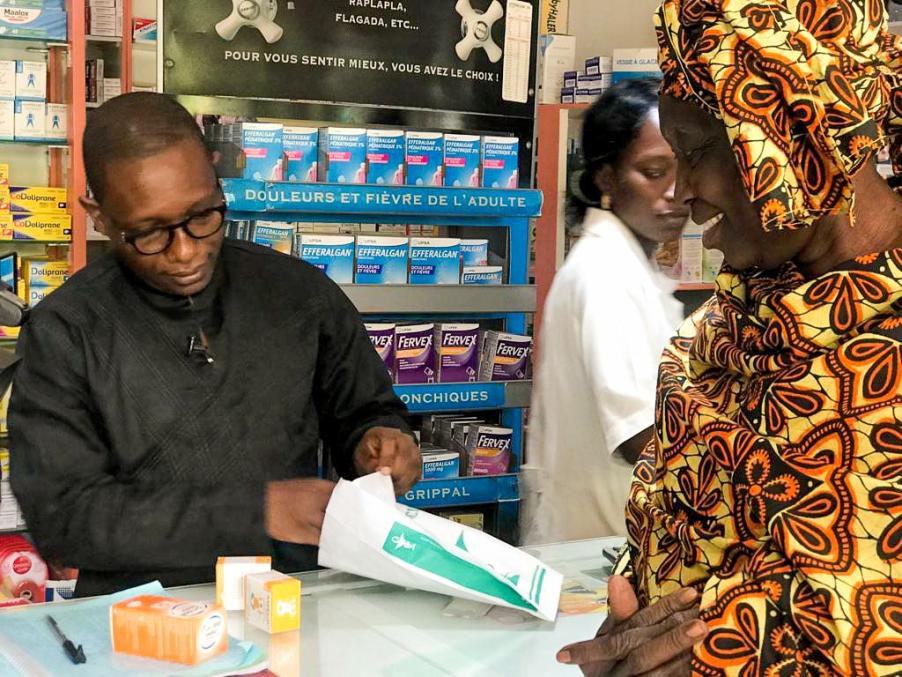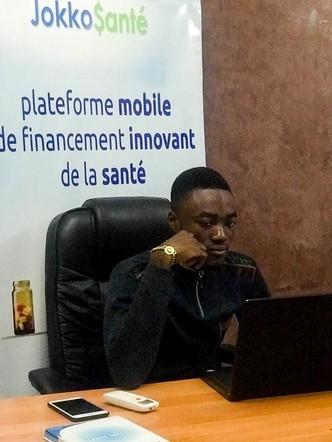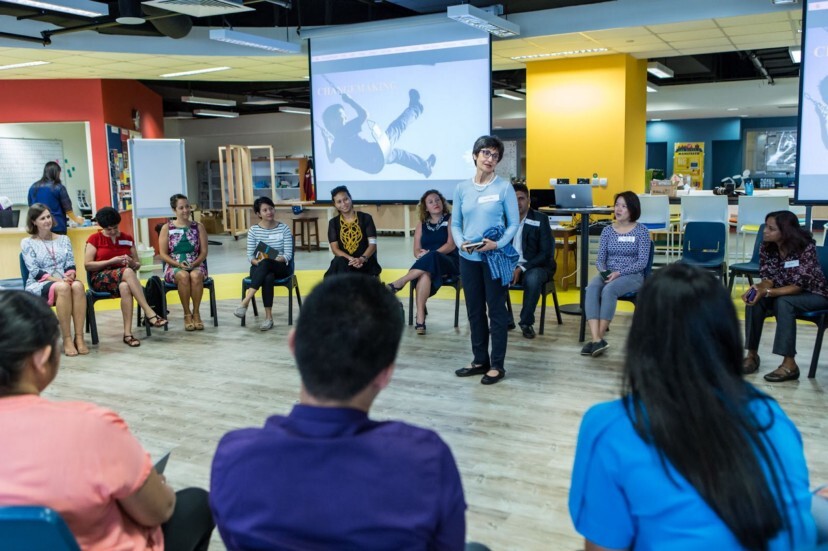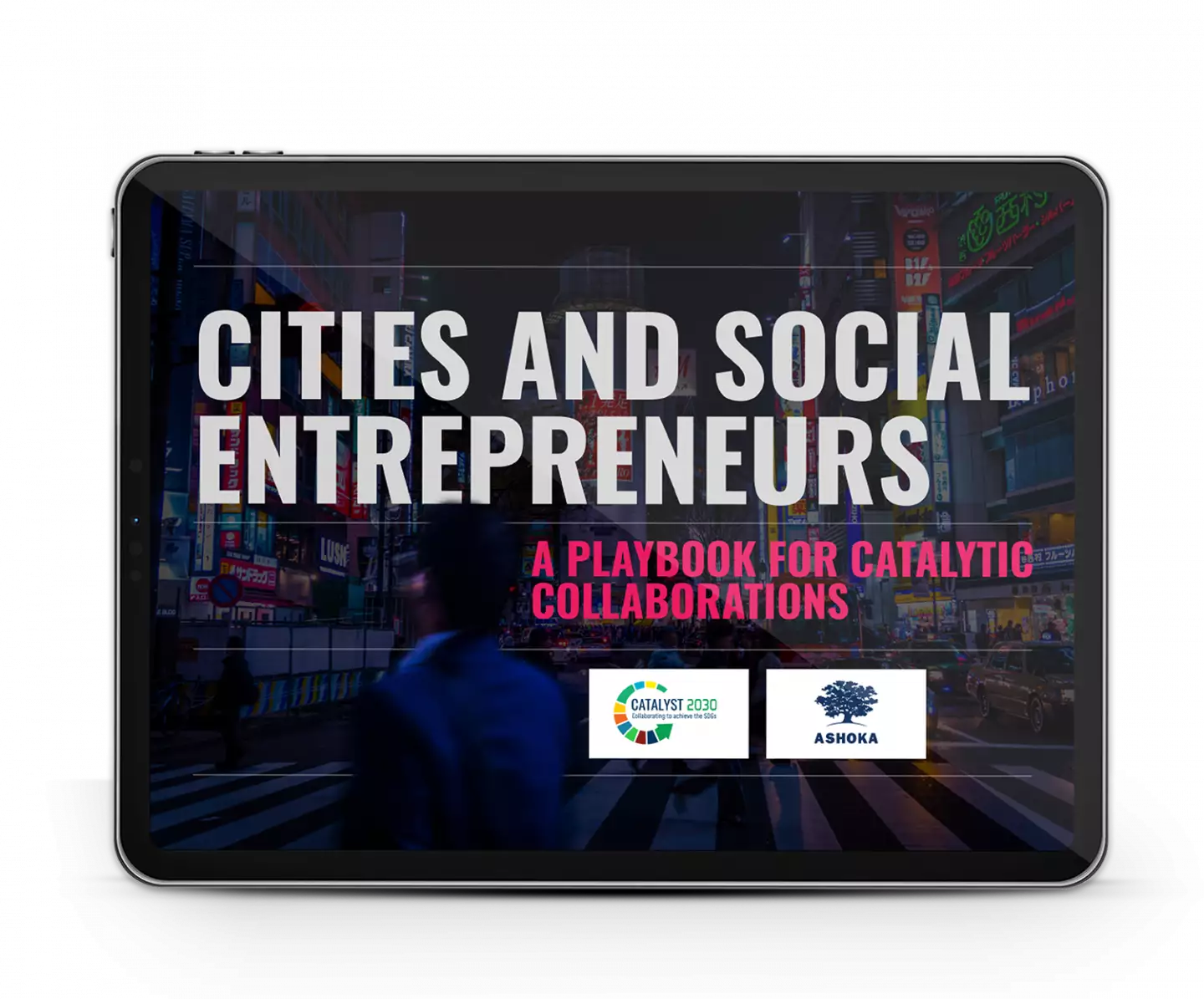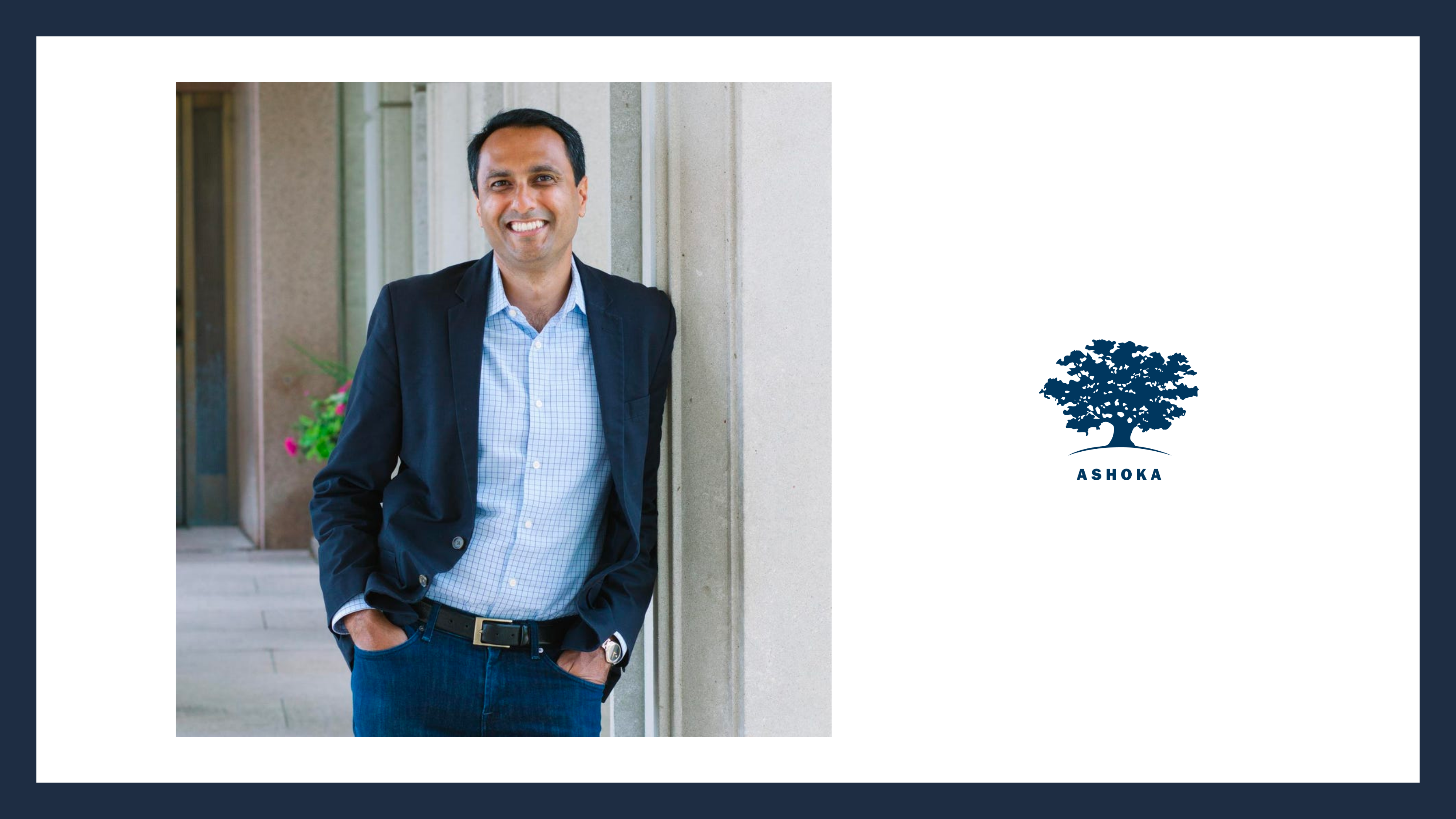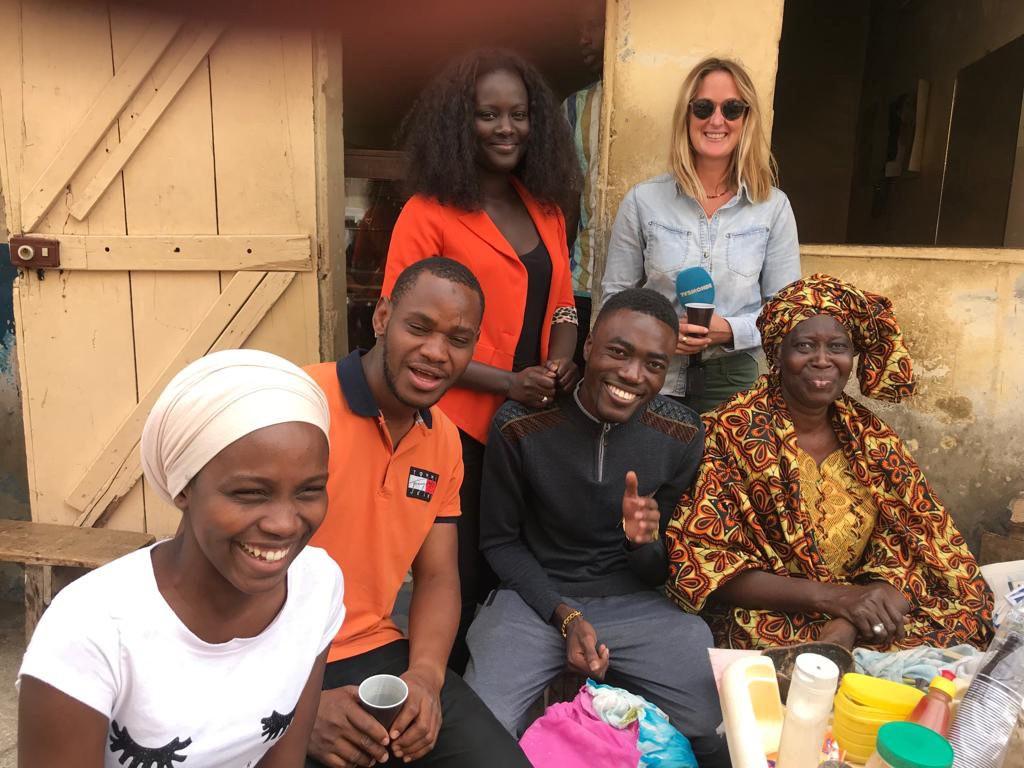
This is the last article in a series on Social and Business Co-Creation. We’re looking at several entrepreneurs across Africa who are successfully partnering with the private sector to increase their impact. Read Ashoka’s report here.
One day after the birth of his first child, Adama Kane stared into his medicine cabinet, which was stocked with unused drugs, most expired and never to be used. He knew plenty of people who could have used them.
Previously an ice cream salesman, fish merchant, tailor, and engineer, Adama had been a resourceful entrepreneur since he was a kid. And as he peered into the cabinet, Adama suddenly saw a solution to one of Senegal’s most daunting health-care problems: access to prescription medicine.
Most people in Senegal struggle to find or afford necessary prescription medicine. Prescription medication accounts for over half of nationwide health-related spending. Just 20 percent of the population has medical coverage. To afford medicine, many have to cut other expenses, like food and school fees. Government efforts to improve access have been thwarted by corruption and red tape.
Adama’s solution: an online platform that connects the Senegalese people with the medications they need. Users collect points on the mobile platform, JokkoSanté, by donating unused medicine and redeeming their points later to purchase new medicines. They can also purchase points at pharmacies, whether for themselves or family members, to use towards medicine.
The innovative solution didn’t escape notice from big players.
A surprising match
JokkoSanté’s platform soon caught the eye of French healthy snack manufacturer Bel Group. The family-owned company, which has over 12,000 employees, does business across 130+ countries. Looking to expand their customer base—and excited by Adama’s mission to transform community health in Senegal— Bel Group wanted to get involved.
It seems like an odd couple: a 150-year-old multinational corporation and a seven-year-old startup on a different continent. Although a snack company might not seem like the obvious partner for Adama’s digital medicine-distribution platform, the two organizations had much in common — and a lot to offer one another.
Both relied on integrated distribution networks in Senegal and shared some of the same target markets. Bel Group began rewarding JokkoSanté points to the street vendors selling Laughing Cow cheese, based on their sales performance, as an incentive for them to remain or become a part of Bel Group’s buyer network.
This combination — JokkoSanté’s digital platform, paired with Bel Group’s street vendor network — helps both companies to reach more people. As more Senegalese get access to affordable medicine, Bel Group improves its customers’ commitment and its vendors’ performance— vendors now receive health care benefits from JokkoSanté.
In three months, the number of top street vendors in Bel Group’s network doubled.
Greater profits, greater social impact
Although it’s a for-profit company, JokkoSanté runs like a social enterprise. They generate revenue from selling points (1 point = 1 CFA Franc [US$0.0017]), which can be redeemed for medical expenses.
Employers purchase points to give employees as a reward for good performance. NGOs and private sector CSR initiatives purchase points to give to people in need. And, of course, individuals can exchange unused medicine or purchase points themselves to share with friends and family. From each transaction, JokkoSanté takes a commission. In this model, increasing revenue reflects increasing impact.
JokkoSanté also receives some funding from external sources like corporate partners BMCE Bank and Microsoft, along with awards.
This collaboration is creating positive results for both JokkoSanté and Bel Group, and most importantly, the communities they seek to serve. The platform now has over 4,200 users, and 200 users in Bel Group’s street vendor network.
To make this partnership work, JokkoSanté and Bel Group’s model prioritizes openness and clarity, and this has facilitated a constructive, sustainable partnership. The relationship between the two companies is widening channels, extending medical services to the Senegalese people. It’s also provided Bel Group with new ways to reach networks of street food vendors in grassroots, decentralized business environments.
The future of accessible medicine
JokkoSanté is creating a preventive-medicine platform that keeps minor illnesses from becoming more serious conditions affecting peoples’ education and ability to work. No longer trapped by their biggest medical burden, families can free up savings. The platform’s transparency and ease of use also helps curb corruption, counterfeit drugs, and illegal drug sales.
They’re looking to expand the operation with Bel Group, even though they decided to stop the program in Senegal because of a limited market. JokkoSanté is also seeking similar partnerships in local food processing industries. Through a new partnership with Dubai Port, they’re offering points to dockworkers.
Now the social enterprise plans expand to the rest of Senegal to reach more than 3 million people, and to other West African countries, including Ivory Coast, by 2020. East African expansion is scheduled for 2020 to 2022.
By 2024, Adama expects JokkoSanté to be available to more than 50 million people across Africa, and 100 million people around the world.
-
This article is adapted from a report prepared for Ashoka by Stephanie Schmidt, Jess Mills, and Lynsey Farrell.

